Stage six: Saganissimo!
Peter Sagan took an astonishing third stage victory in Metz as crashes exerted a heavy toll on many of the Tour favourites
Words by Edward Pickering in Metz
Friday July 6, 2012
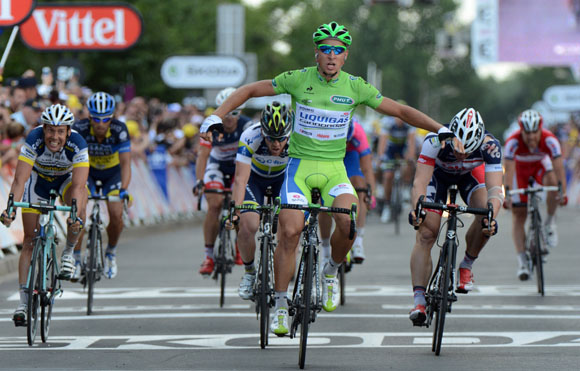
Another stage. Another break. Another crash. Another sprint. Another Peter Sagan win. Who dares say that the Tour is settling into a routine?
Sagan’s victory, his third in six days, showed a dangerous new weapon in the Slovak’s armoury. Hitherto unbeatable on the uphill finishes, he’d looked no more than consistent in the faster flat sprints. Not any more: he muscled his way onto André Greipel’s territory and beat the German on pure willpower. Physically, the two sprinters looked well-matched, but Sagan, astonishingly, was the stronger mentally. Tellingly, Greipel gave up before the line.
Sagan was the only winner on a day of losers. A crash cleaved the peloton into two pieces with 24 kilometres to go, just as Orica-GreenEdge were really starting to wind up the pursuit of the break.
Many were left behind. Frank Schleck, one of the pre-race favourites, was caught up in the crash and left to his fate, chasing without team-mates over two minutes behind. Pierre Rolland was with him. Mark Cavendish dawdled in with a group six minutes behind, a crash having prevented him from contesting the sprint for the second time in two days. Ryder Hesjedal, the Giro winner, fared worse. Left 13 minutes down, he was reported to have gone straight to the hospital after the finish, the latest in Garmin’s lengthening list of cycling wounded.
Get The Leadout Newsletter
The latest race content, interviews, features, reviews and expert buying guides, direct to your inbox!
The carnage wrought by crashes in the Tour is not a new thing. Last year, Bradley Wiggins crashed out on the last flat stage of the first week. Frank Schleck lasted no more than three days in the 2010 race.
The flat stages of the first week have become an obstacle course to be negotiated, an elimination round before the competition proper. The riders who have learned to deal with it prosper: Cadel Evans was in second wheel - second wheel - on the front of the peloton inside the last three kilometres today. Bradley Wiggins was the beneficiary of almost a full Sky leadout into the final stages of yesterday’s stage, and he was also conspicuous for his presence near the front of the peloton into Metz. The reward for these two riders is a place in the top six overall going into the mountains.
Schleck was left without help. It seemed to take a long time for his mechanic to get him back on his bike at the site of the crash, then his RadioShack team were utterly absent from any effort to help him minimise his losses. We were under the impression that Fabian Cancellara’s yellow jersey had rescued RadioShack’s season. Really, the brilliance of the race leader’s yellow had blinded us all to the spreading fractures in this dysfunctional squad. All ambitions for winning the race must now be over for Schleck.
The Tour will now take a momentary breath as it enters a new phase. We won’t see the sprinters now for over a week. Now it’s time for the climbers to make their mark on the Tour, at least those who are still in the race.
***
Perhaps buoyed by the near-success of yesterday’s early break, four riders went away in the opening kilometres. David Zabriskie of Garmin, Romain Zingle of Cofidis, Europcar’s Davide Malacarne and Saxo Bank’s Karsten Kroon formed an alliance which lasted all day past golden fields on the plains of Marne, and into the rolling wooded hills of the Meuse and Moselle départements.
Kroon provided the brains, and Zabriskie the brawn. According to the American rider, Kroon was the organisational impulse in the group – judging the pace, lifting it when the peloton accelerated, relenting when the riders behind relaxed. Their lead peaked at over six minutes.
We were given a taster of what was to come when André Greipel crashed with an hour to go, just as the chase was starting to begin in earnest. Greipel’s Lotto-Belisol team-mates paced him back on, but this crash was just an amuse-bouche before the main course, which was served up with 24 kilometres go to.
The helicopter television shots showed the tell-tale blast zone of fallen riders fanning outwards from the epicentre in the middle of the road. Riders were forced out into the ditches beside the straight, wide road. Ahead, a vastly reduced peloton, only 60 or 70 riders, was stretched out under huge pressure from Orica.
Should they have waited? The break dangled 30 seconds ahead, while the crash victims were already two minutes behind before it was even clear who had gone down. Orica, with a ruthless team-time trial operating on the front of the peloton, pressed on, with BMC forming a parallel line just behind to the Australian team’s right. Every smooth turn of their pedals put rivals like Schleck, Rolland, Hesjedal, Michele Scarponi and Robert Gesink further out of contention.
Schleck was left to lead the chase on his own, with only a little help from Movistar and Europcar. Schleck has an effortlessly imperious riding style in the mountains, but in a flat pursuit, he’s as vulnerable and weak as anybody in the peloton.
Orica’s pursuits cut the escapees’ lead to 15 seconds at 10 kilometres, but then the gap stayed stubbornly at that level. The four ahead were riding strongly, but the peloton had no reason to catch them too early. With five kilometres to go, the gap remained 15 seconds.
There’s a subtle shift that is happening in flat road races in the post-HTC era. Once into the final five kilometres, the peloton changes from pursuit mode to sprint mode. Suddenly Orica were being attacked by competing lead-out trains, all trying to time their effort to deliver their sprinter to the finish. Lampre took over with a three-man effort with 4.6 kilometres to go, then Lotto attacked hard down the right hand side 300 metres later. Suddenly, there were six Lotto riders spearheading the peloton.
BMC overtook them, their own interest to keep Cadel Evans out of trouble. No single team seemed to be able to control the race, although the sum of the combined efforts of the competing leadouts finally killed the break when lone survivor Zabriskie got caught with 1.3 kilometres to go.
GreenEdge made one final surge with a kilometre to go but Lotto committed their last four riders to the final effort, putting themselves in front of the Australian team. They finally won the right to lead out the sprint, and now the fight shifted to the one for Greipel’s wheel. Sagan, invisible until now, elbowed his way into the German’s slipstream with 500 metres to go. When it came, Sagan’s sprint was irresistible.
The race for the yellow jersey already looks like a two-horse race, with Wiggins and Evans having done the dirty work of not losing, before making winning efforts in the days to come. The green jersey looks even more of a foregone conclusion. The only question is, how many more stages will Sagan win while wearing it to Paris?
Cycle Sport’s Tour village: All our Tour coverage, comment, analysis and banter.
Follow us on Twitter: www.twitter.com/cyclesportmag
www.twitter.com/edwardpickering

Thank you for reading 20 articles this month* Join now for unlimited access
Enjoy your first month for just £1 / $1 / €1
*Read 5 free articles per month without a subscription

Join now for unlimited access
Try first month for just £1 / $1 / €1
Edward Pickering is a writer and journalist, editor of Pro Cycling and previous deputy editor of Cycle Sport. As well as contributing to Cycling Weekly, he has also written for the likes of the New York Times. His book, The Race Against Time, saw him shortlisted for Best New Writer at the British Sports Book Awards. A self-confessed 'fair weather cyclist', Pickering also enjoys running.
-
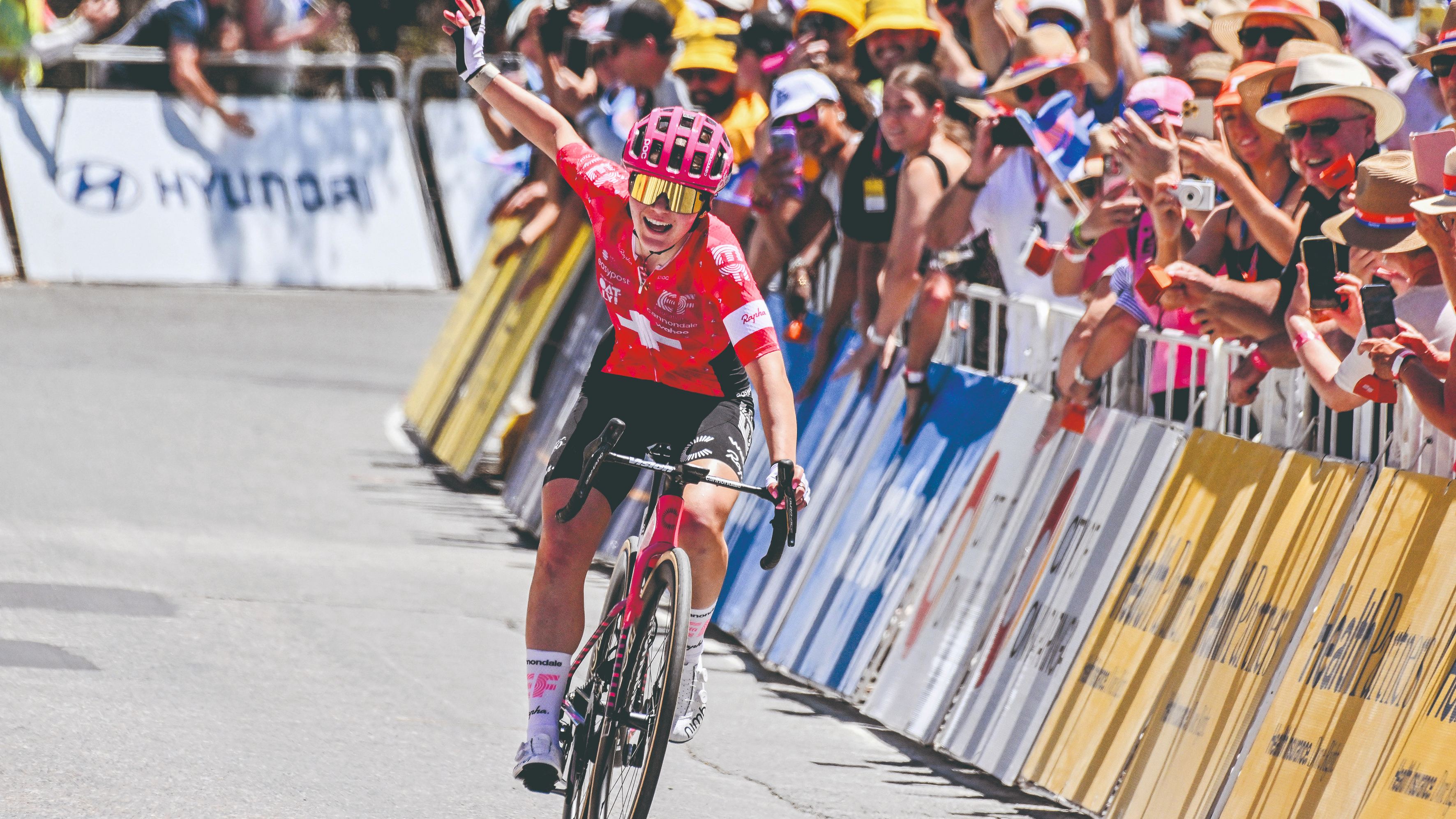 How do the pros train? Noemi Rüegg's 26 hour training week
How do the pros train? Noemi Rüegg's 26 hour training weekWinner of this year’s Tour Down Under, the EF Education-Oatly rider is a climber whose talent is taking her to the top
By Chris Marshall-Bell
-
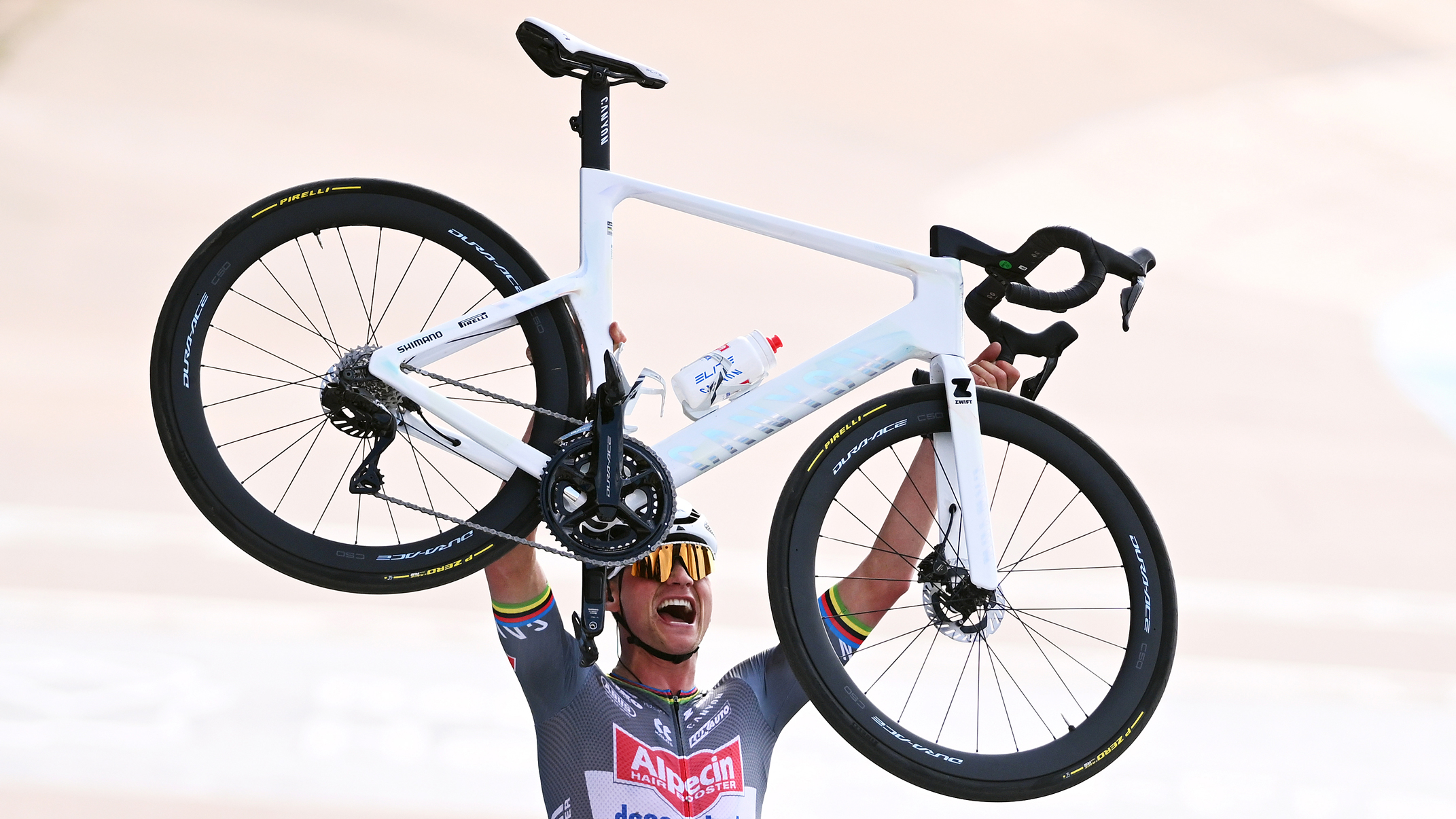 Save £42 on the same tyres that Mathieu Van de Poel won Paris-Roubaix on, this Easter weekend
Save £42 on the same tyres that Mathieu Van de Poel won Paris-Roubaix on, this Easter weekendDeals Its rare that Pirelli P-Zero Race TLR RS can be found on sale, and certainly not with a whopping 25% discount, grab a pair this weekend before they go...
By Matt Ischt-Barnard
-
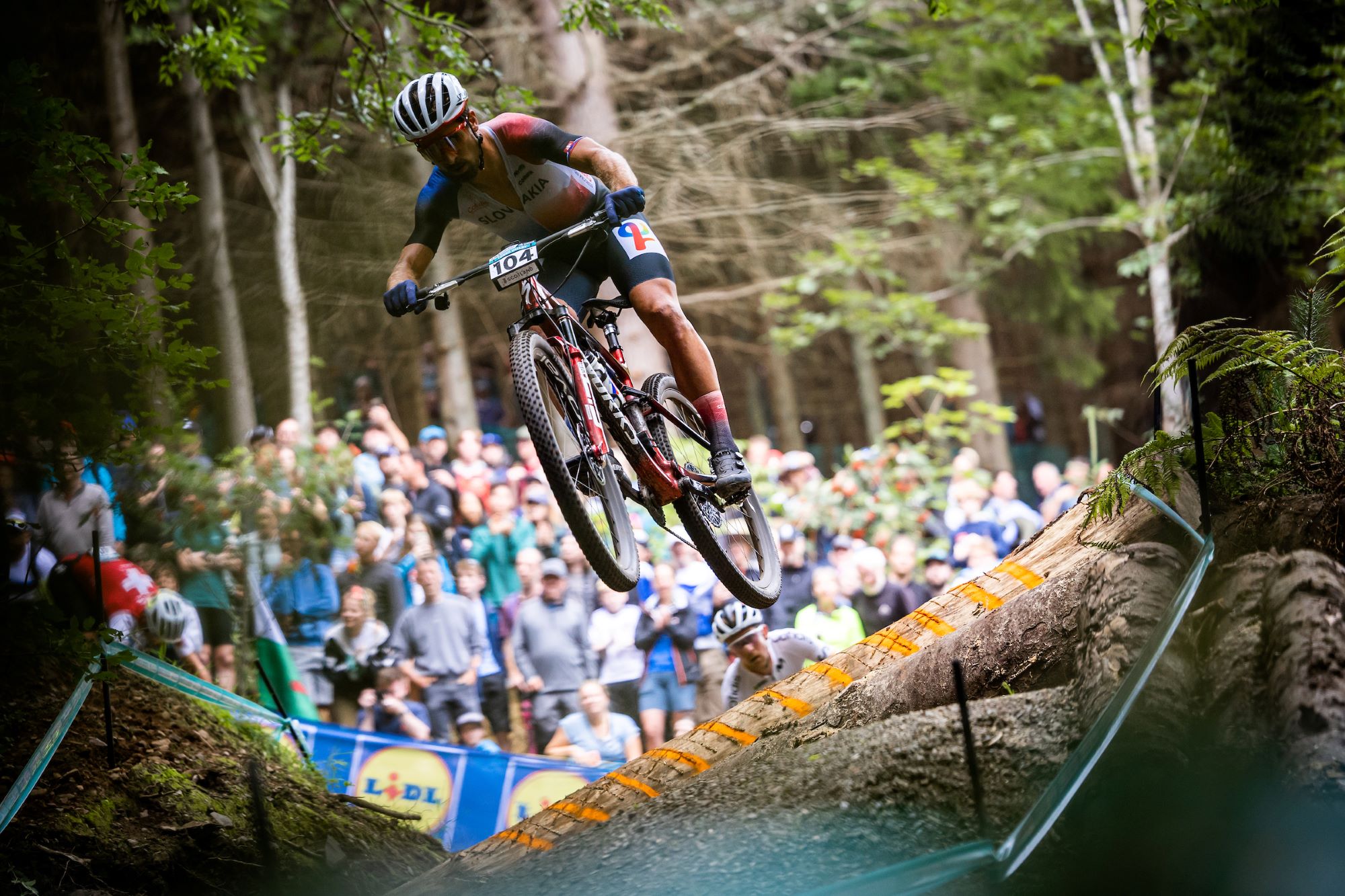 Peter Sagan finishes second in last ever professional race
Peter Sagan finishes second in last ever professional raceFormer three time road world champion was the runner up in the Slovakian national MTB championships on Sunday
By Tom Thewlis
-
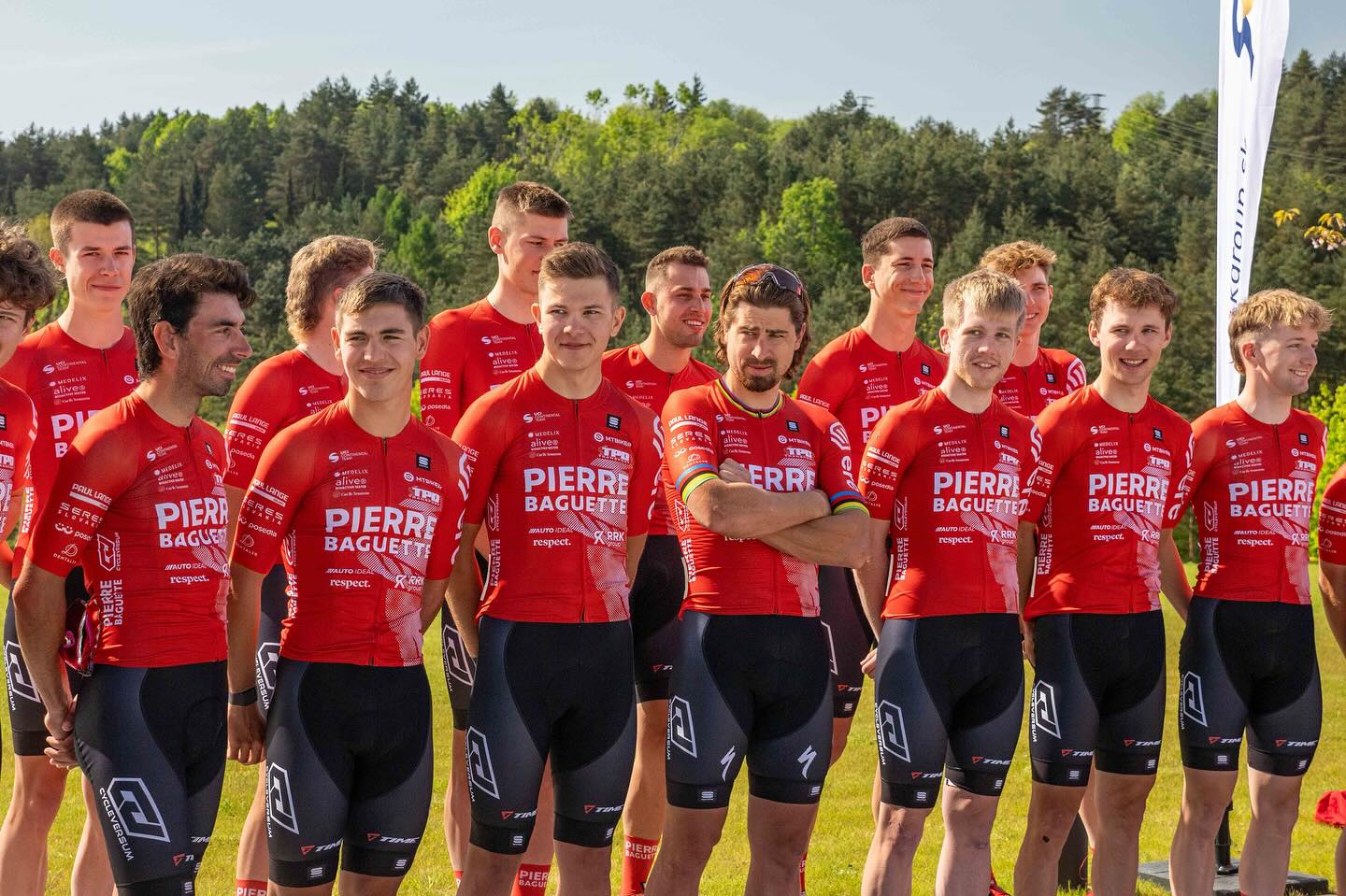 'It's a miracle': The inside story of how Peter Sagan ended up on a team called Pierre Baguette
'It's a miracle': The inside story of how Peter Sagan ended up on a team called Pierre BaguetteSix years after the dream first took root, Boris Horváth finally has Peter Sagan on his team
By Tom Davidson
-
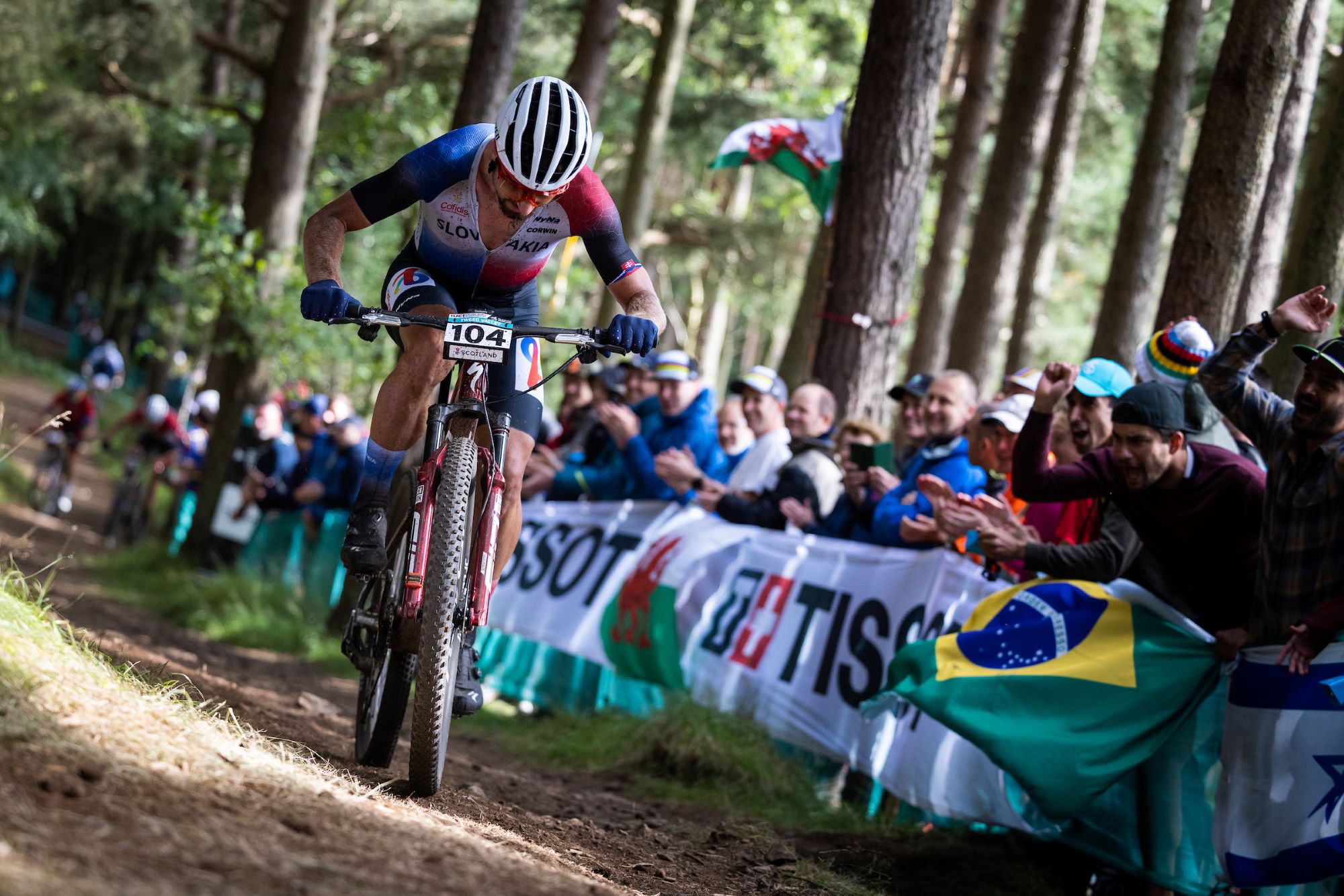 Peter Sagan confident of return to bike in 15 days after latest heart procedure
Peter Sagan confident of return to bike in 15 days after latest heart procedureSagan recently underwent second operation in Italy to tackle heart rhythm related issues
By Tom Thewlis
-
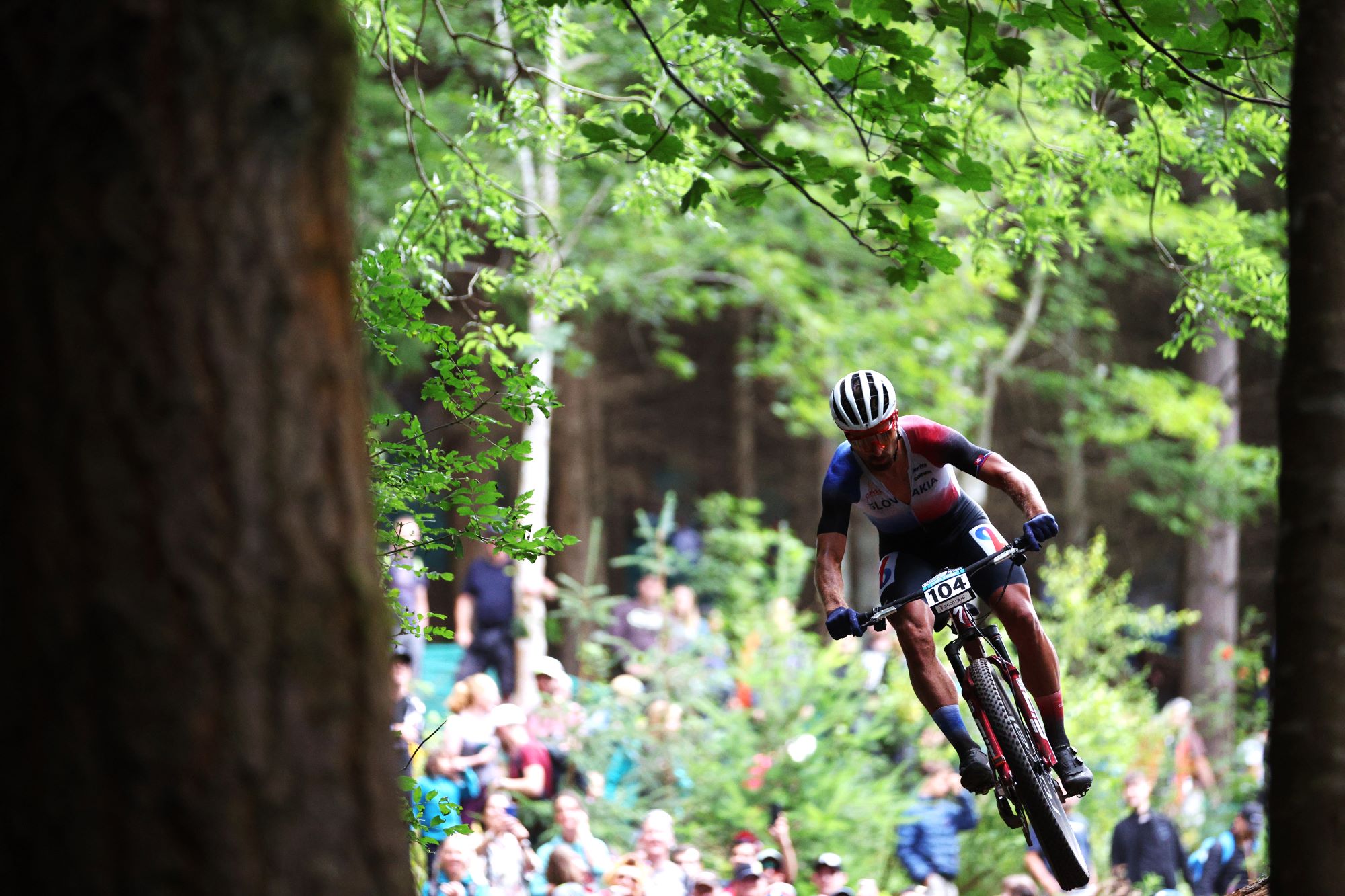 Peter Sagan undergoes second heart procedure, as Olympics nears
Peter Sagan undergoes second heart procedure, as Olympics nearsReturn to training after first operation reveals further heart rhythm issues
By Tom Thewlis
-
 Peter Sagan undergoes heart procedure after experiencing ‘tachycardic episode’
Peter Sagan undergoes heart procedure after experiencing ‘tachycardic episode’Slovakian has ablation procedure in Italian hospital after heart rate exceeded 200 bpm during MTB race in Spain
By Tom Thewlis
-
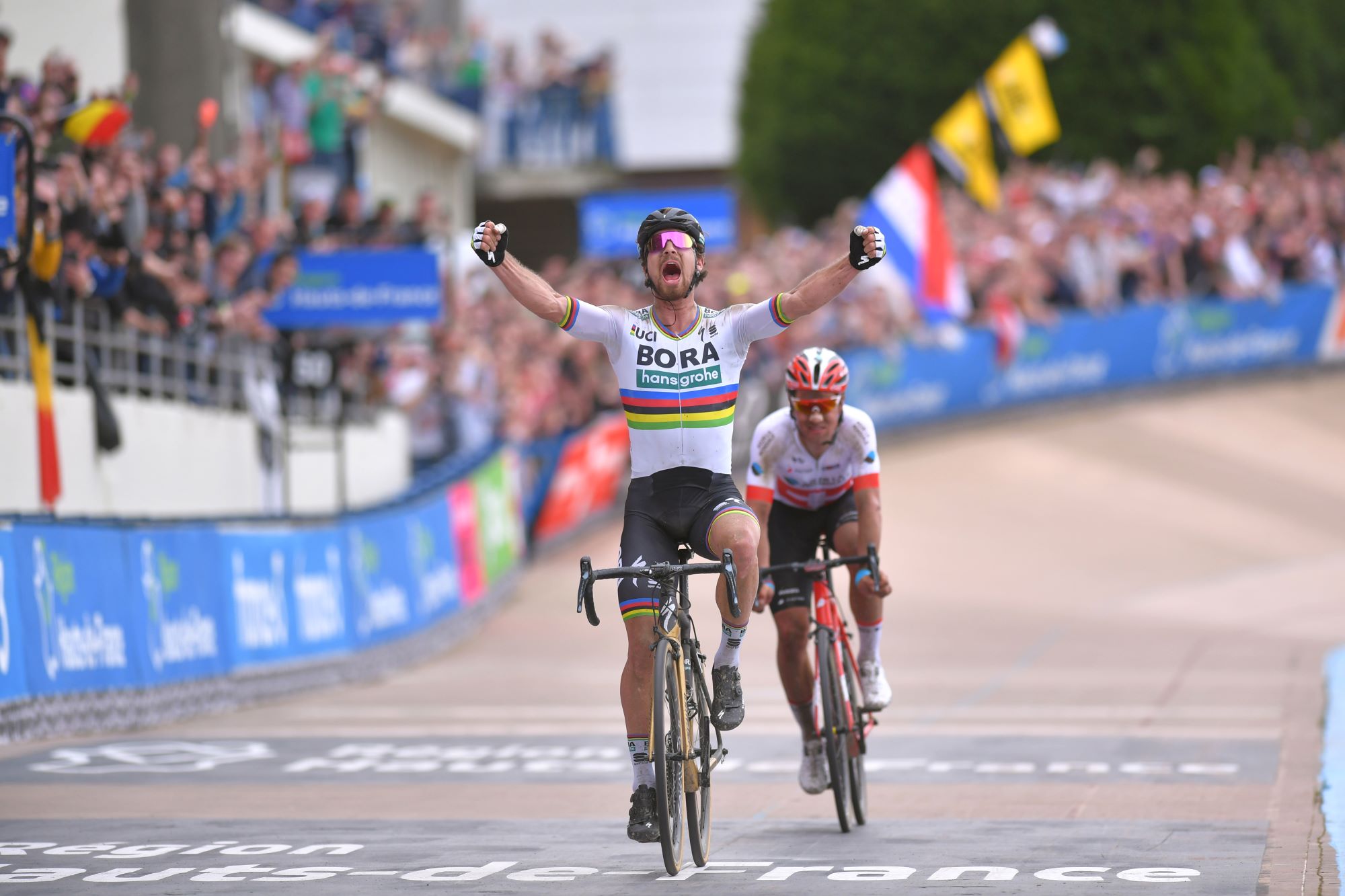 In celebration of Peter Sagan, cycling's rock and roll frontman
In celebration of Peter Sagan, cycling's rock and roll frontmanAs the three-time world champion is set to call time on his career in the WorldTour at the end of 2023, we thought we would take a look back at the glory days
By Tom Thewlis
-
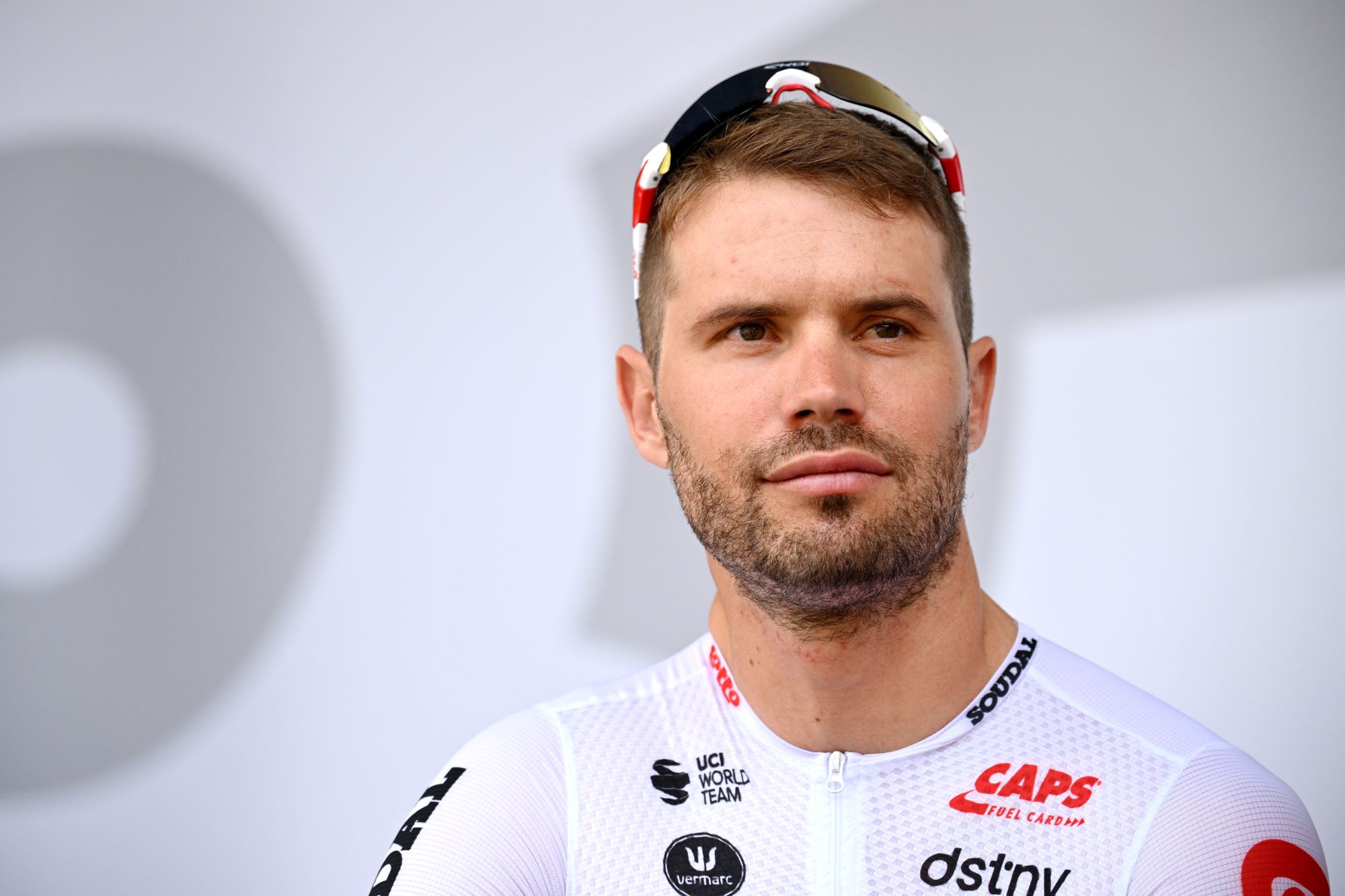 ‘Current WorldTour system is killing all the smaller teams,’ says Reinardt Janse van Rensburg
‘Current WorldTour system is killing all the smaller teams,’ says Reinardt Janse van RensburgSouth African ex-Lotto Soudal rider fears more teams could find themselves in B & B Hotels-KTM situation if the system doesn’t change
By Tom Thewlis
-
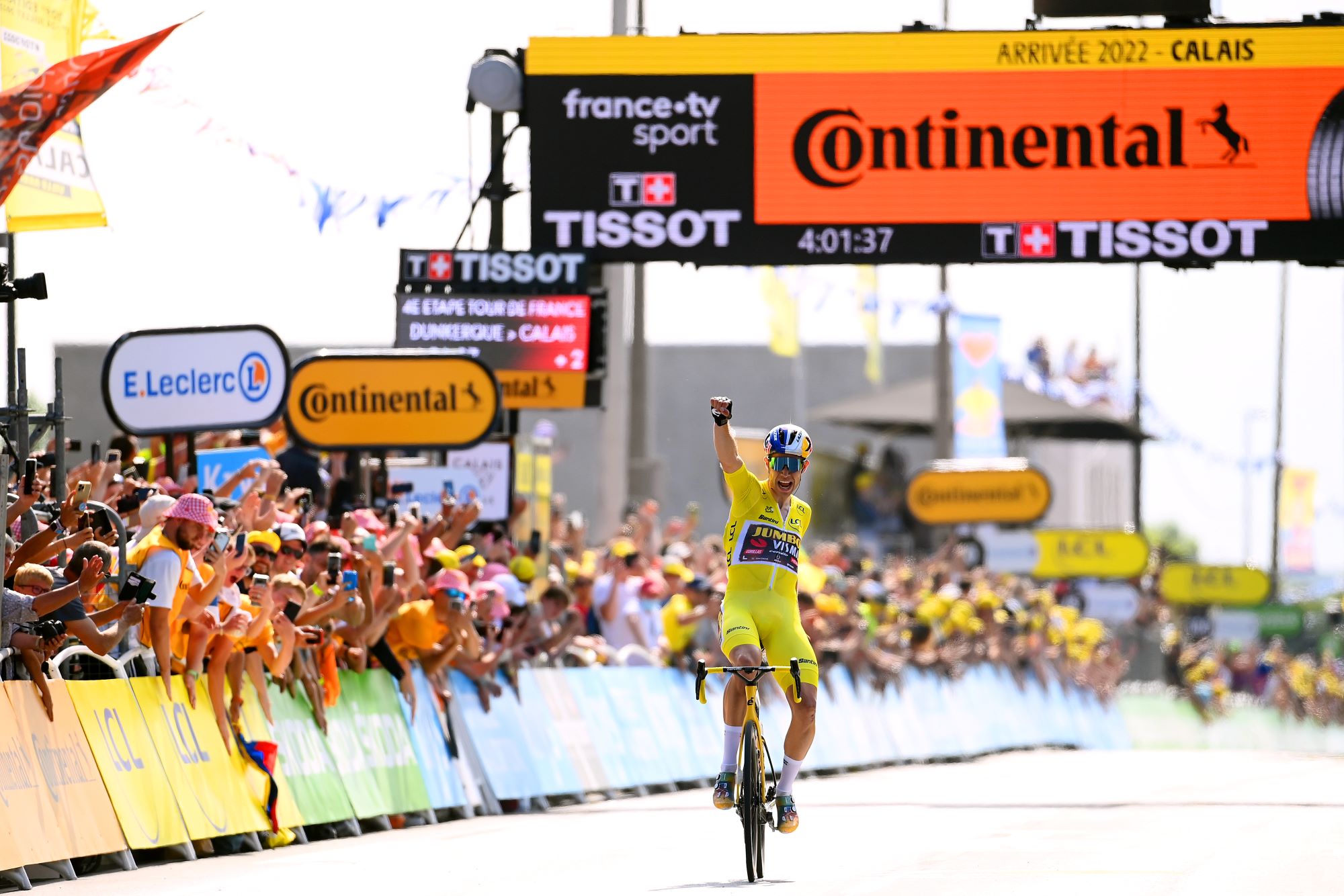 Wout van Aert moots building gravel world championships into 2023 programme
Wout van Aert moots building gravel world championships into 2023 programmeBelgian rider says gravel racing has a ‘great future’ as he considers worlds participation next year
By Tom Thewlis